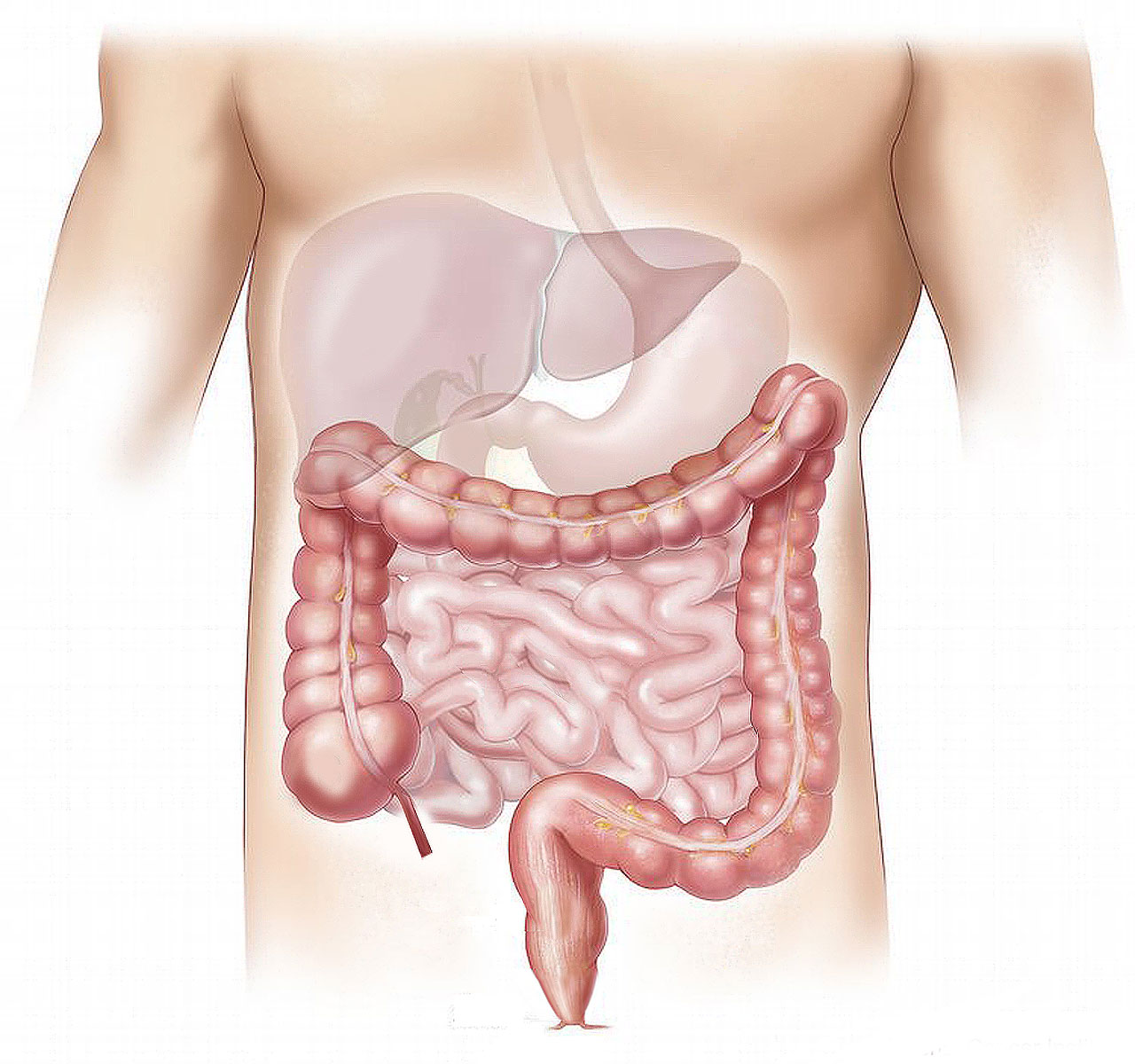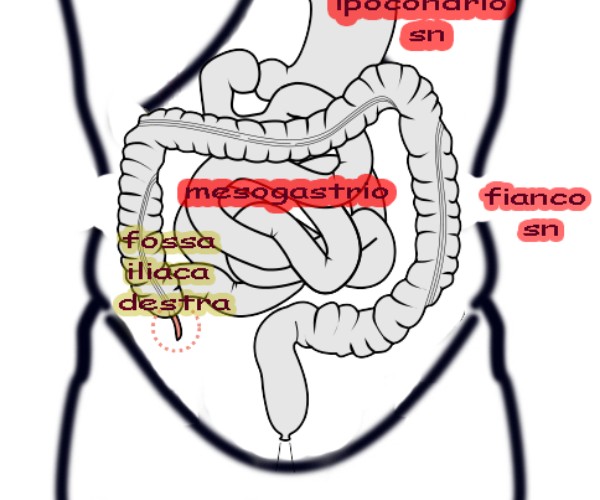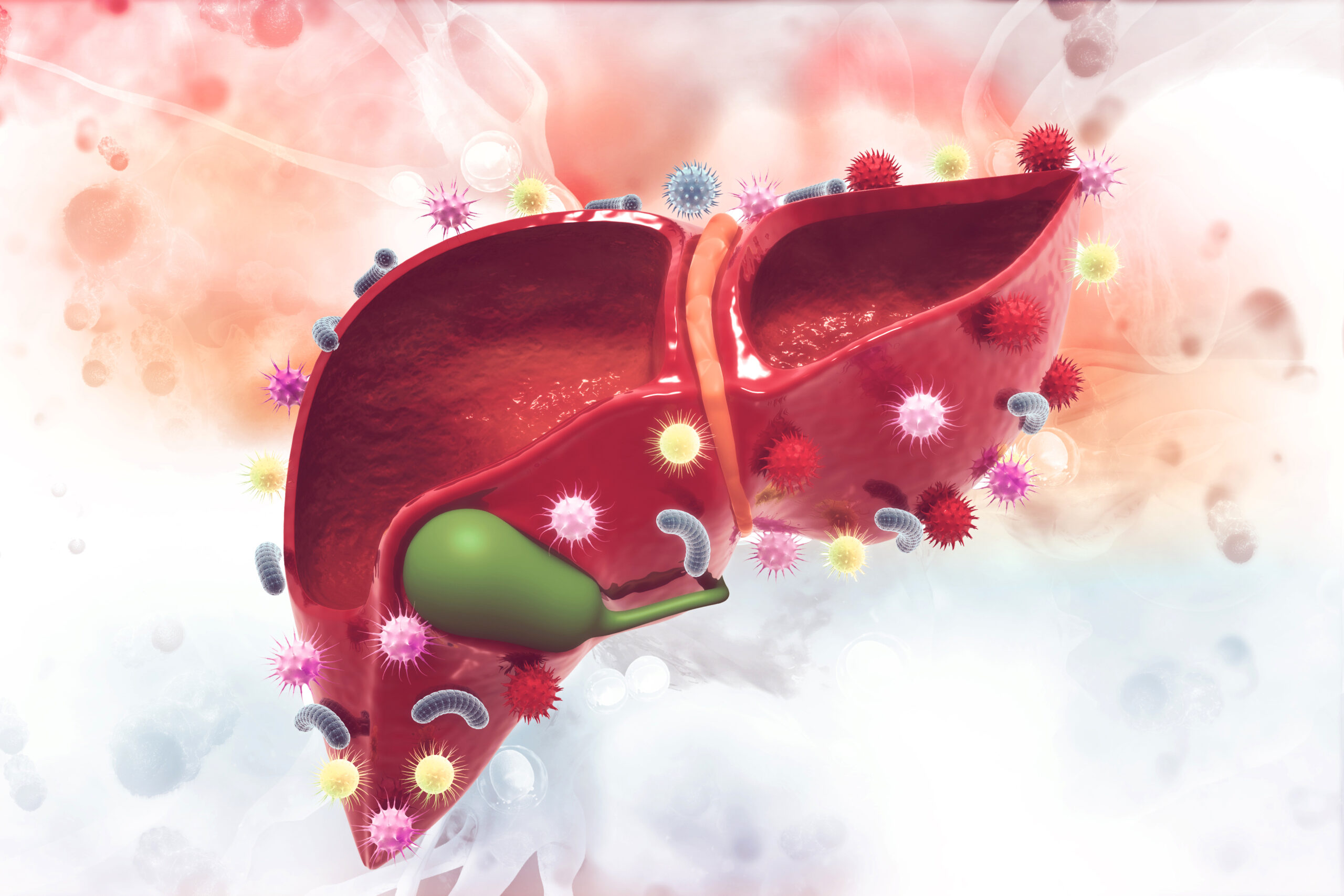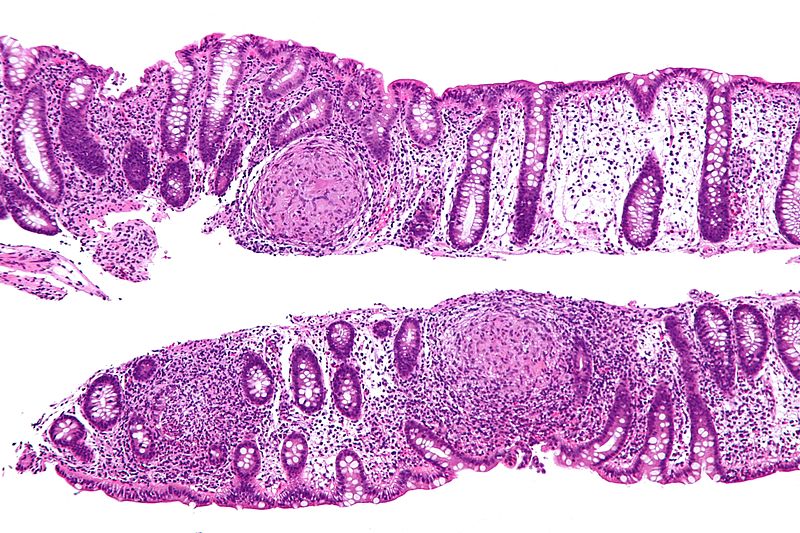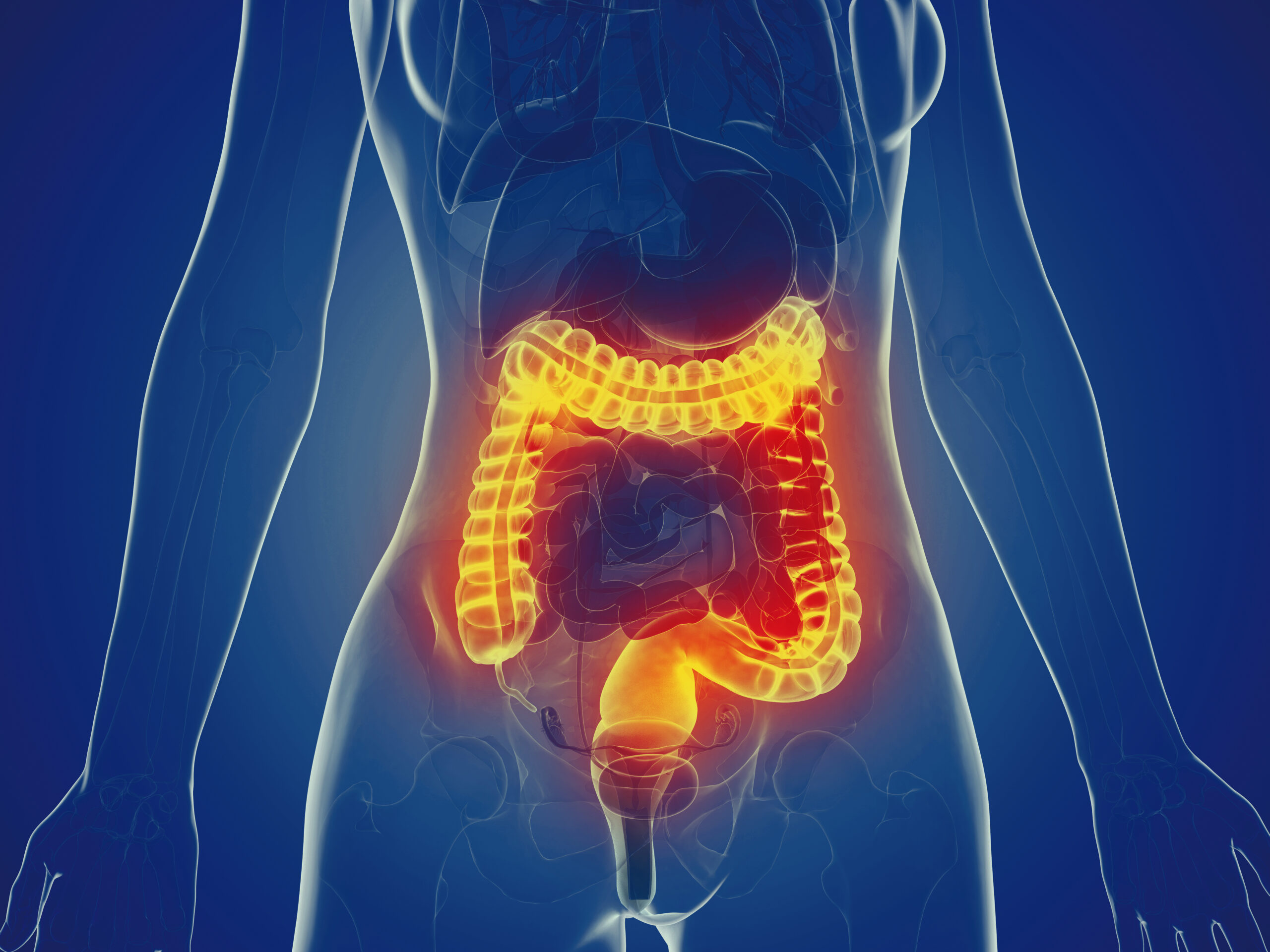Comfort is synonymous with well-being. But what exactly does it mean? As is implicit in the manifesto of the Italian Society of Pediatrics published 3 years ago, well-being can be equated with the right of every child to have “a healthy life,” guaranteed by the “early acquisition of lifestyle healthy“, access to specialized care, prevention, and appropriate protection against of environmental risks and uncomfortable situations. In practice, however, well-being finds its own declination from time to time that suggests how much a disorder or even a seemingly physiological condition can take a physical and behavioral toll on the child and consequently on his or her family.
Digestive comfort
Thus, the concept of digestive “comfort” has been introduced in recent years, applied especially to the infant, who is notoriously prone to annoying gas colic. But what do parents need to know (and know how to observe)? The most common concern, but also the least alarming in the eyes of the pediatrician, is constipation, which, however, most of the time, is easily corrected by simple dietary measures (e.g., increasing water and fiber intake). Instead, it would be more important to pay attention to the child’s digestive behavior ( crying, for example, is a clue to suspicion), the ease, rather than the frequency, with which he or she evacuates, and the appearance of manifestations such as liquid discharges, copious gas emission, and discomfort.
All of these should be reported to the pediatrician on a timely basis, along with information about the child’s diet: this is because, especially in the first year of life, an allergy may manifest itself in an atypical manner, for example, with repeated episodes of acid reflux or marked abdominal bloating.
The risk of intolerance
Among the possible factors that can undermine digestive comfort from generally the age of one year and up is lactose intolerance: this is not an allergy but the inability to break down this sugar, which, accumulating in the intestine due to lack of absorption, ferments. In any case, digestive comfort is something that should always be assessed in the context of each child’s daily life, as it is closely integrated with his or her overall state of well-being. Parental attention is an invaluable support for the pediatrician in tracing the possible cause of the manifestations and identifying the most appropriate subsequent strategy.





